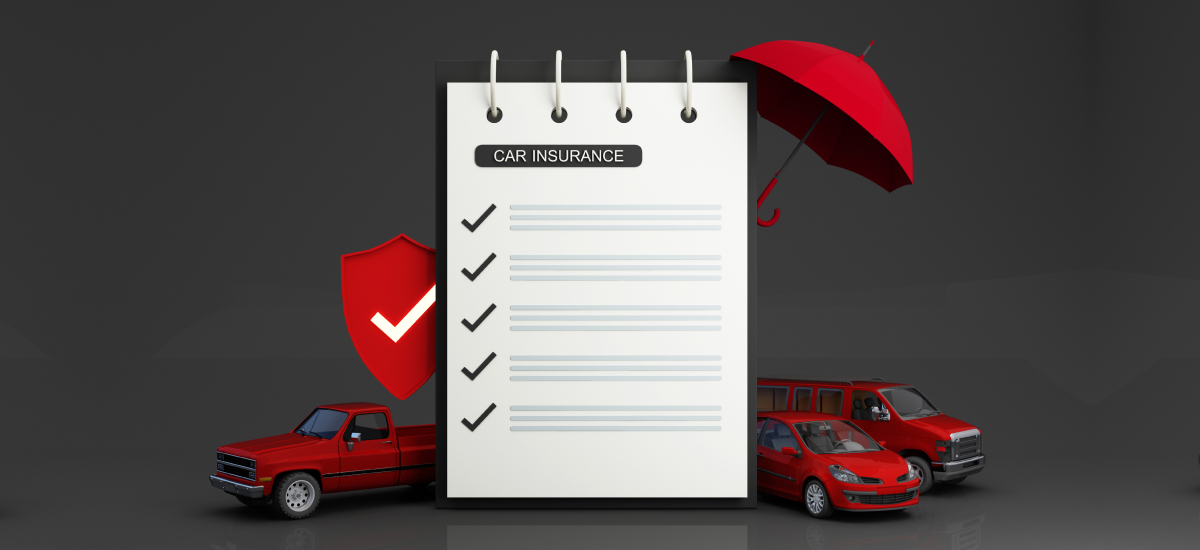Car insurance guarantees that someone will watch your back if anything happens to your car and you need to pay the bill for the repair. However, car insurance premiums are also one of the recurring expenses that car owners need to bear, irrespective of whether they take the car out regularly or not. Besides, rates vary from one state to another. It compounds the challenge of getting a clear picture of how automobile insurers charge for their coverage. What factors do you need to consider if you are planning to save money on car insurance costs? This article discusses and explains how you can choose a value for money car insurance.
What factors affect car insurance rates?
Actuaries are insurance professionals who decide how much premium to charge for specific insurance. They analyse data to identify, measure, and manage risks for insurers selling the coverage. But how do they calculate premiums? You might think that driving safely and obeying traffic rules will lower your premiums. But it is a lot trickier than that.
Many factors influence how much we pay for our car insurance coverage. It can be broadly based on five main parameters:
Driving performance is one of the significant factors that directly affect car insurance rates. You might argue that an insurer cannot learn about an owner's driving record, and owners purchasing the insurance may not themselves drive their cars. They can get cars driven by chauffeurs. How does it work out, then? The answer is the records of traffic fines, challans, and insurance claim histories. If your car's registration number shows up in these records and you have a history of claims or accidents, expect to pay significantly higher premiums while renewing the coverage.
Usually, car owners younger than 25 pay higher premiums for car insurance policies. The reason is the limited driving experience. Young car owners and drivers are also prone to practising risky driving manoeuvres. Costs also go up for owner-drivers in the age group of 60 years and above. The sweet spot is 30 to 55 years of age. In this age bracket, people are more responsible. Their knowledge of traffic rules and defensive driving skills also increase. Responsible people drive attentively. They are more likely to avoid accidents and road rage, which leads to fewer claims.
It has been observed that many insurance companies charge a lower premium to women and married people. The assumption is similar. Women are generally considered defensive drivers, and married people with dependents in their families behave more responsibly than younger and single drivers.
Where we live and drive our cars can significantly affect our car insurance costs. Premiums are higher in big, metropolitan cities with high population density and heavy road traffic. The chances of accidents are high in these locations. The cost of providing insurance coverage can also vary depending on the state. Comparatively, smaller cities and towns attract lower premium rates for car insurance.
Diesel cars are expensive to maintain. The same is true for luxury sedan cars having engines of high cubic centimetre capacities. So, insurers charge premiums at higher rates. Small hatchbacks and cars with small petrol engines are cheaper to insure than personal vehicles with diesel engines and high-capacity engines. The cost of insuring cars also increased with an increase in the insured's declared value (IDV) of the vehicle. IDV refers to the maximum sum assured by the insurer.
Modern cars with driver-assistance features, such as reverse parking sensors, 360-degree cameras, speed limit alarms, ABS, automatic emergency braking, and anti-theft devices, attract car insurance premiums at lower rates. Cars parked in covered garages can also cost less to insure.
How can you find the best deal for car insurance?
You can follow the tips mentioned here while looking for a new car insurance policy or checking options for renewing your existing one. They can help you save money.
Despite the factors we explained, the insurance premium may significantly vary from one insurer to another. The best thing you can do to find value-for-money car insurance coverage is to shop around. Check online insurance retailing websites. Talk to insurance agents or brokers to get quotations from multiple car insurance companies.
Digital insurances often offer comprehensive coverage at lower costs than insurance sold through conventional routes. The reason is lower operational expenses. Digital insurance does not require visiting brokers' offices, standing in queues for verification, or making payments with cheques. You can purchase them directly from your smartphone.
You can opt to pay a pre-specified amount from your pocket for every car insurance claim you make. It helps to get car insurance discounts.
If you haven't made any insurance claims in a year, you can get a substantial discount on your calculated car insurance premium when you renew your policy. So, avoid making claims about smaller values.
Select cars and models wisely. Cars of particular brands and models may attract more premiums than others. The reason is the high cost of spare parts and services. Try to avoid buying similar vehicles.
Car insurance is an excellent financial tool. They can save you from a lot of troubles in cases of breakdown, vehicle damages, and accidents. Hope we have succeeded in explaining factors that affect car insurance premiums. Keep these factors in mind. Try to follow the tips we shared. They will help save money and get better discounts on premiums. Drive safely and enjoy your ride






























